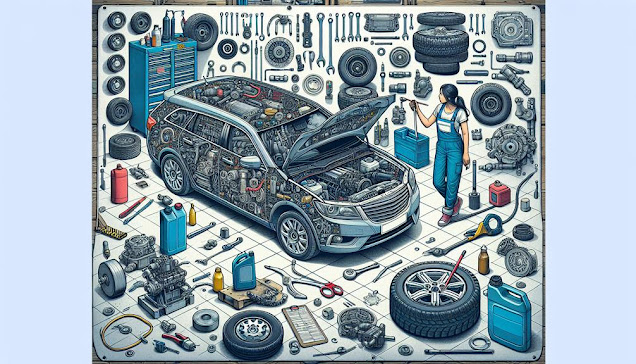How Oil Types Influence Oil Change Timing and Engine Longevity
When did you last have your oil changed? If it’s been a while or your warning light just popped on, it might be time to look beyond the basics. The oil you choose has a big effect on your engine’s performance and how frequently your car needs service. Not all oils perform the same, and selecting the right one can help avoid engine damage and unnecessary repairs down the road.
Understanding Oil Options and Their Effects
Here’s a quick guide to the main oil types and how they influence your maintenance routine:
-
Conventional Oil: This is the classic, petroleum-based oil often used in older or simpler vehicles. It’s budget-friendly but breaks down quicker, especially under stress. Most cars using conventional oil require changes every 3,000 to 5,000 miles.
-
Full Synthetic Oil: Engineered for durability and efficiency, synthetic oil lasts longer—usually 7,500 to 10,000 miles between changes. It performs well in extreme temperatures, reduces friction, and helps prevent sludge buildup. It’s ideal for high-tech or performance engines.
-
Synthetic Blend Oil: A hybrid of synthetic and conventional, this oil balances performance and cost. You’ll get better protection than with regular oil and can go around 5,000 to 7,500 miles before needing a change.
-
High-Mileage Oil: Tailored for vehicles with 75,000+ miles, this oil has additives to reduce leaks and minimize wear. It offers similar change intervals as conventional oil but provides extra care for aging parts.
Oil Selection Impacts More Than Just Frequency
Picking the right oil affects more than how often you visit the mechanic. It directly influences how your engine runs day to day. Synthetic oils, for example, hold up under harsh driving and provide consistent lubrication in cold starts or traffic jams. High-mileage oils keep older engines cleaner and more reliable over time.
Make Smart Maintenance Choices
Think of oil as your engine’s defense system. With the right type, your car will run smoother, last longer, and need fewer repairs. Don’t rely solely on dashboard alerts—take charge of your vehicle’s health. Review your owner’s manual or check in with a trusted technician to find the best oil match for your driving habits. Staying proactive today means fewer engine problems tomorrow.
.jpg)


Comments
Post a Comment